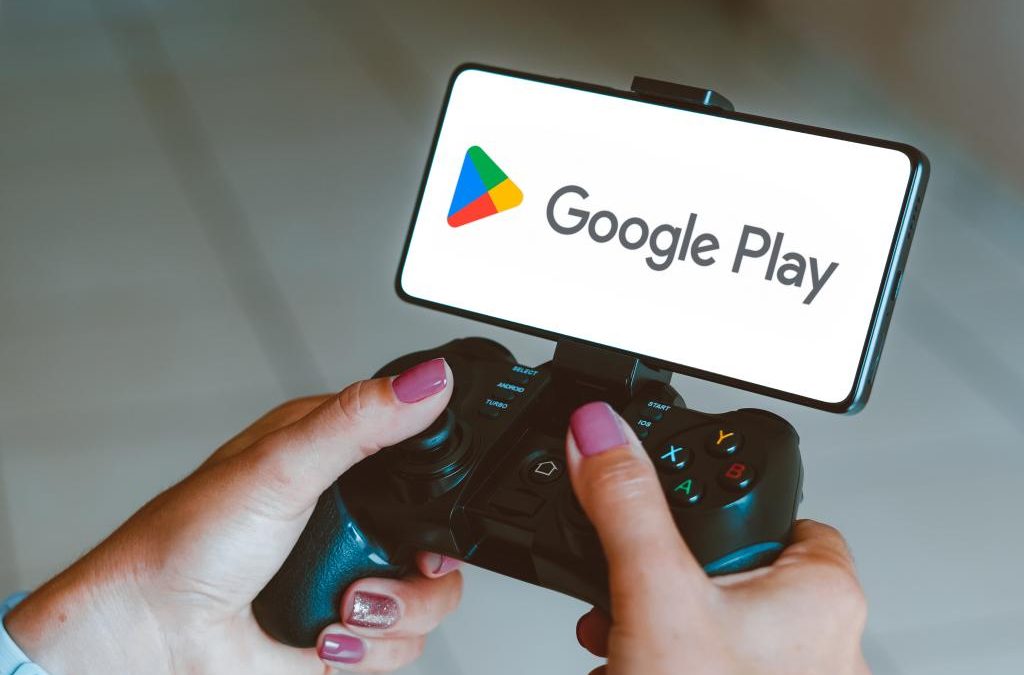Google agreed to pay $700 million and allow more competition within its Android app store as part of a settlement with all 50 states and millions of US consumers – a deal that Epic Games CEO Tim Sweeney decried as an “injustice to all Android users and developers.”
The exact terms of the settlement, which was initially reached in September, were announced just days after Google was handed a major legal defeat in its related fight with Epic Games, the company best known as the maker of “Fortnite.”
US District Judge James Donato is expected to order sweeping changes that could upend Google’s lucrative app store as part of that case.
In its settlement with the states, Google will contribute $630 million to a settlement fund meant for consumers who may have overpaid for apps as a result of Google’s practices, according to terms detailed in documents filed in San Francisco federal court on Monday.
That amounts to a paltry $6 per person when divided equally among 102 eligible US consumers.
All eligible consumers will receive a minimum of $2. The state said at least 70% of consumers should receive their shares of the settlement automatically.
The remaining $70 million is earmarked for use by states to cover various penalties and legal costs.
Google also agreed to a series of time-limited changes to its app store practices.
That included allowing developers to use other in-app billing systems for the next five years, dialing back — but not ending — its use of so-called “scare screens” when Android users try to use competing app stores and making it easier for users to download apps directly from developers.
The coalition of state attorneys general had alleged that Google’s dominance over the Android software marketplace – where it takes fees of up to 30% on major developers within its “Play” store – resulted in higher prices and less choice for consumers.
Epic used the same arguments during its successful fight against the company.
Sweeney blasted the states for accepting the deal in a series of scathing tweets, arguing the settlement “endorses Google’s misleading and anticompetitive scare screens, which Google intentionally designed to disadvantage competing stores and direct downloads.”
“The States’ earlier filings made a strong case for $10.5 billion in damages, in line with Google’s unjustly collected 30% fees,” Sweeney added. “I think they’d have gotten it if they’d stayed in the fight a few weeks longer to the overwhelming victory in court. An unfortunate outcome.”
The settlement’s terms could not be disclosed until the conclusion of the separate Google v. Epic trial. Epic had notably spurned the settlement when it was first announced in September.
The settlement still requires formal approval by Donato, who also presided over states’ case, before it can take effect.
During the trial, Donato blasted Google for what he called a “disturbing” effort to delete employee chat logs it was ordered to preserve.
Luther Lowe, a antitrust watchdog and longtime Google antagonist, described the settlement as “a scandal” that could undercut another major antitrust battle — the Justice Department’s landmark case targeting Google’s online search business.
“Not only was the fine more than an order of magnitude off what it should’ve been (recall RI AG won $250m settlement with G he didn’t divide w/anyone in 2012 by not blinking), it dropped in the middle of the US v G trial as if it were designed to make DOJ & search case states look unreasonable for taking it to the finish line,” Lowe said in an X post.
Elsewhere, Wilson White, Google’s vice president of government affairs and public policy, said it was “pleased” to resolve its dispute with the states – and asserted that its attempt to challenge the verdict in the Epic case was still “far from over.”
“We’re pleased to reach an agreement that builds on that foundation and we look forward to making these improvements that will help evolve Android and Google Play for the benefit of millions of developers and billions of people around the world,” White said in a blog post.
Washington DC attorney general Brian Schwalb was among those who touted the settlement as a victory for consumers.
“For far too long, Google’s anticompetitive practices in the distribution of apps deprived Android users of choices and forced them to pay artificially elevated prices,” Schwalb said in a statement.
With Post wires
Source




